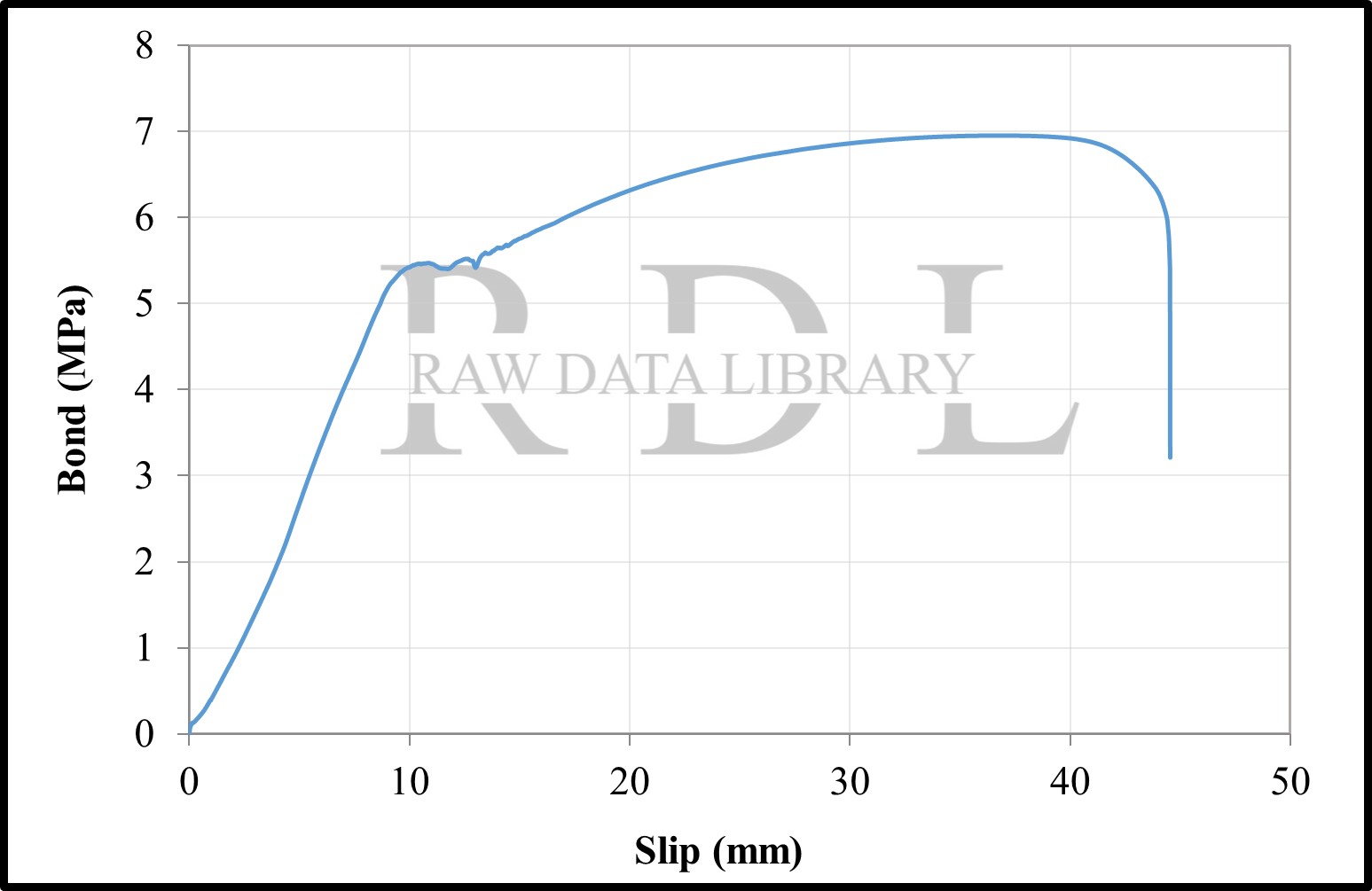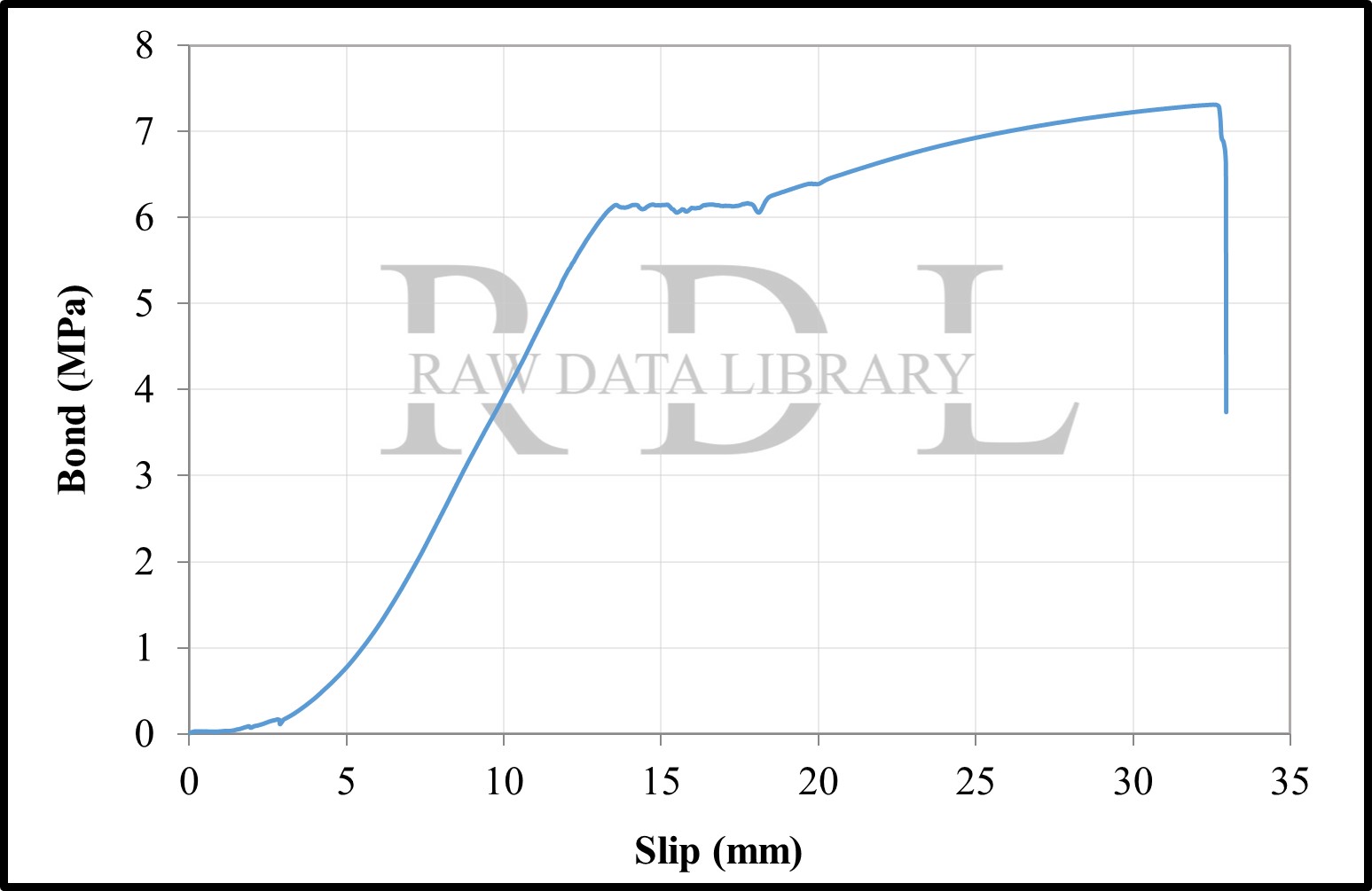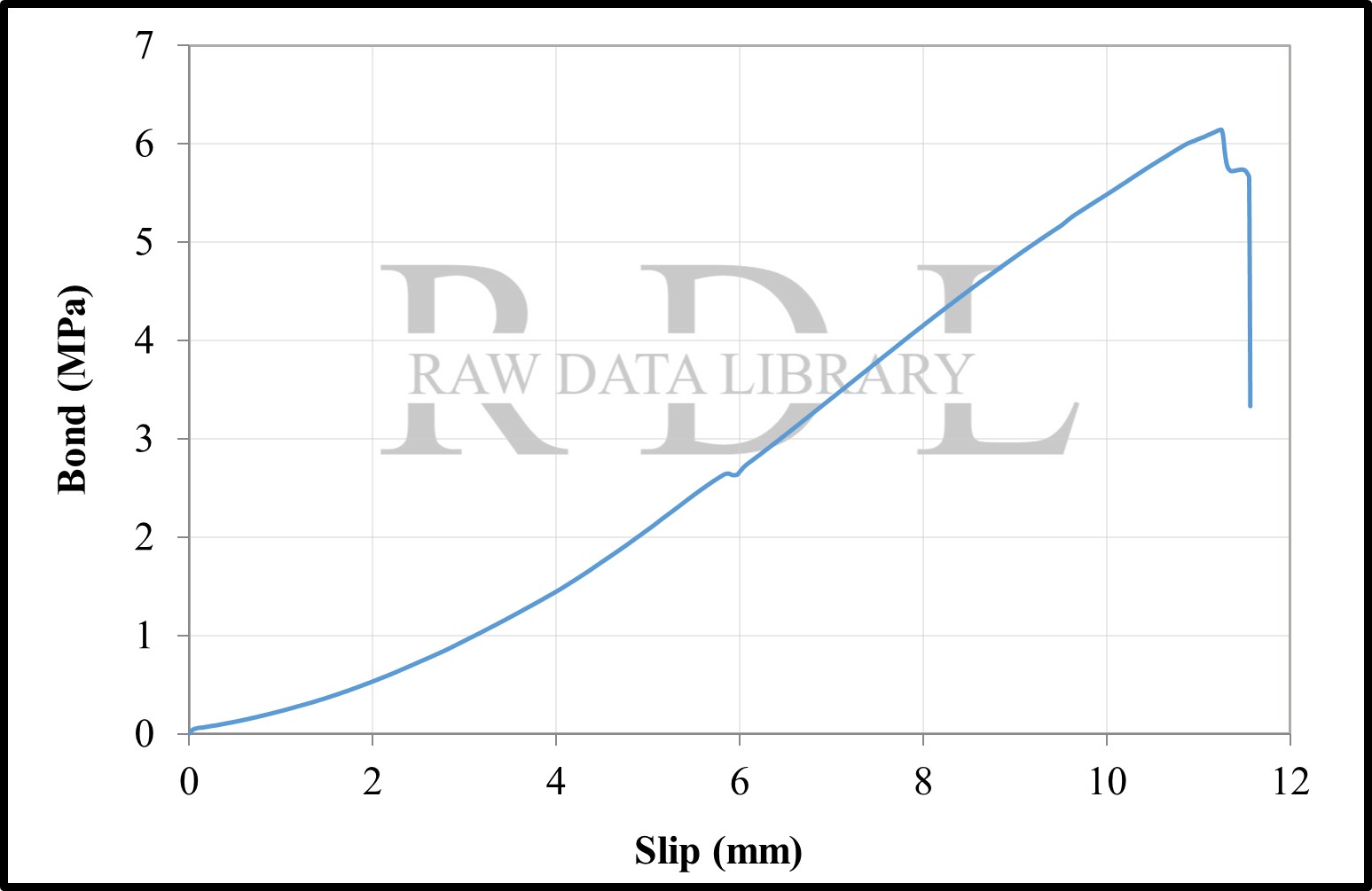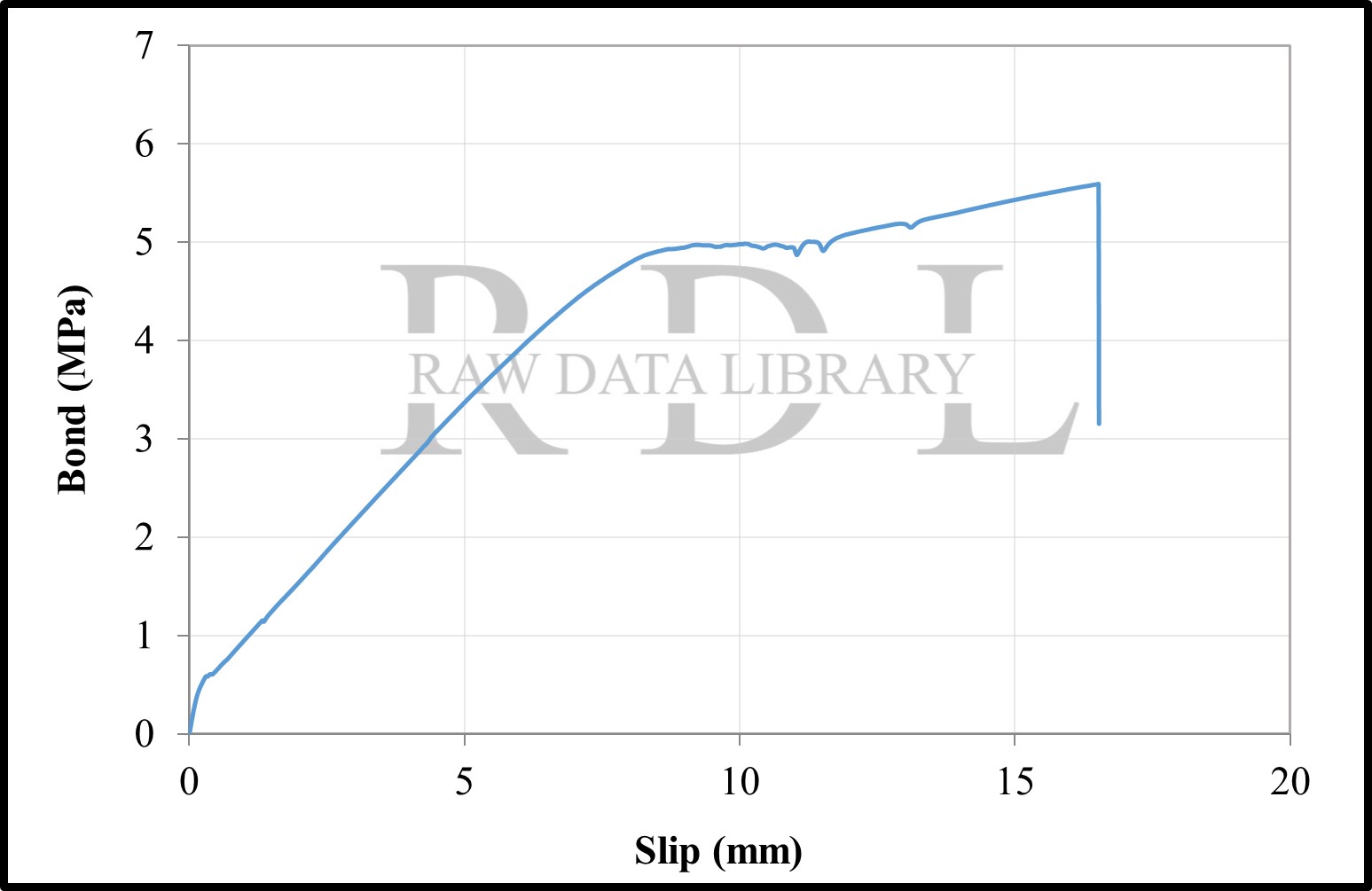Enabling HPC workloads on Cloud Infrastructure using Kubernetes Container Orchestration Mechanisms
Abstract
Containers offer a broad array of benefits, including a consistent lightweight runtime environment through OS-level virtualization, as well as low overhead to maintain and scale applications with high efficiency. Moreover, containers are known to package and deploy applications consistently across varying infrastructures. Container orchestrators manage a large number of containers for microservices based cloud applications. However, the use of such service orchestration frameworks towards HPC workloads remains relatively unexplored. In this paper we study the potential use of Kubernetes on HPC infrastructure for use by the scientific community. We directly compare both its features and performance against Docker Swarm and bare metal execution of HPC applications. Herein, we detail the configurations required for Kubernetes to operate with containerized MPI applications, specifically accounting for operations such as (1) underlying device access, (2) inter-container communication across different hosts, and (3) configuration limitations. This evaluation quantifies the performance difference between representative MPI workloads running both on bare metal and containerized orchestration frameworks with Kubernetes, operating over both Ethernet and InfiniBand interconnects. Our results show that Kubernetes and Docker Swarm can achieve near bare metal performance over RDMA communication when high performance transports are enabled. Our results also show that Kubernetes presents overheads for several HPC applications over TCP/IP protocol. However, Docker Swarm's throughput is near bare metal performance for the same applications.





















